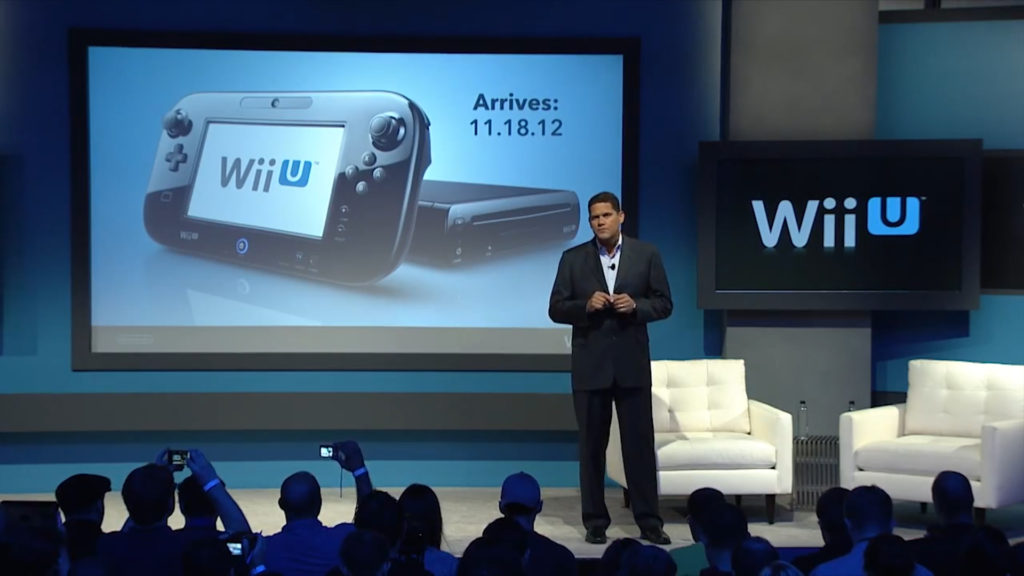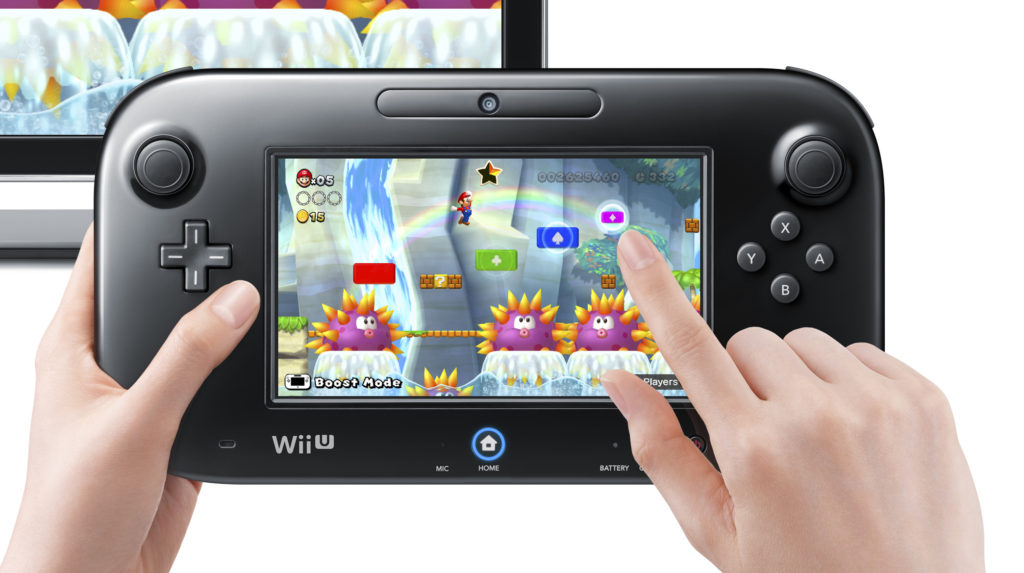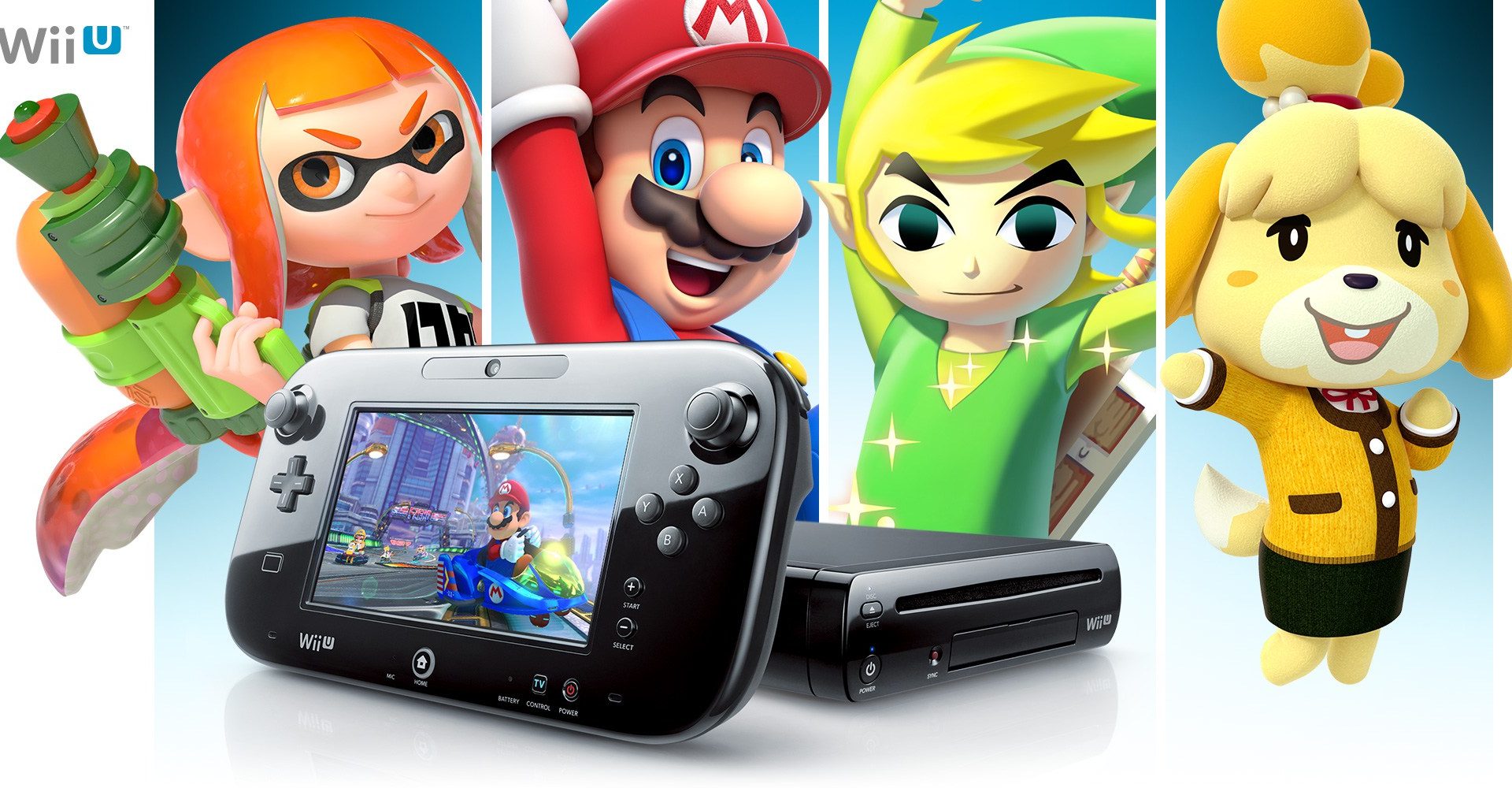Originally published 03 March 2017
The Nintendo Wii U is a console of missed opportunity. It has been widely discussed at this point why the console never reached the levels of success it could have. Poor marketing, a bad choice of name leading to confusion, a lack of 3rd party support, and too much distance between first-party releases. These issues have been pointed to for years now as the reasons the Wii U has failed. However, I believe that if one thing had changed, it would have had a domino effect that could have solved most of these issues. That is if the Wii U launched one year earlier.
To begin, I would like to bring you back into the mindset of the gaming industry in 2011. It had been 5 years since a console released, and people were getting hungry for a new one. Nintendo themselves helped create this precedent after all, by setting the trend of a 5-year console cycle, especially in North America where it was like clockwork. The Super Nintendo launched in 1991, the N64 was in 1996, the Gamecube was in 2001 and the Wii was in 2006. Furthermore, right on schedule at E3 of 2011, Nintendo actually did unveil their brand new “tablet” based console, the Wii U. It was a very interesting concept, to be able to play current generation games both on a TV and away from it. The tablet was also capable of multimedia features, which placed it in a good position to capitalise on the idea of offering an affordable tablet. The iPad had only been around for just over a year, and there was certainly demand for it. It was the right console at the right time, with no new offerings insight from its competitors. There was just one problem, the Wii U would not yet be released for another 17 months.

A lot happened in that long period of time. Tablets were becoming more affordable which diminished some of the Wii U’s initial appeal. The gaming industry was beginning to shift development towards the new generation of Playstation 4 and Xbox One. As for the original Nintendo Wii, it wasn’t up to the task of maintaining the interest of Nintendo fans throughout this time. Speaking as someone who only had a Wii in the year of 2011, there were simply too many games I felt I didn’t have access to. I’m sure anyone in my situation can agree that when a new game is revealed and is coming to PC, Xbox 360, and PS3, it might as well just be saying “Everything but Nintendo.” It’s at this point that many people, myself included, start looking into alternative options. Once you make that investment, it’s that much harder to later justify purchasing a Wii U when it finally does come out.
Now let us rewind a bit to what might have happened if the Wii U had launched in late 2011 instead. It’s my belief that because of the reasons I stated earlier (the tablet appeal, the desire for a new console with nothing else in sight, and Nintendo not having a chance to let the brand stale with the original Wii) that it would have been a much more appealing option. This would have resulted in a greater install base to incentivise 3rd party development. Perhaps even more importantly, this would have given 3rd parties a greater chance to get comfortable developing for the Wii U before the shift to the next generation had begun. Imagine a world where the Wii U launched with games such as The Elder Scrolls V: Skyrim and Dark Souls, as well as games like Deus Ex: Human Revolution and Batman: Arkham City when they were still relevant. Offering equivalent experiences with the option of playing away from the TV no less. This could also have resulted in a boost to marketing. Remember when I earlier stated how frustrating it can be when a game seems to be releasing on everything except Nintendo? Well, what if at the end of every Skyrim and Dark Souls commercial, it was also marked as coming to Wii U as well. I believe that would be enough to start to shift the mindset of the industry, and make a statement that the Wii U isn’t messing around.

With a launch like that, it’s easy to see how it could continue with the Wii U eventually getting other signature releases throughout the coming years. Games like Bioshock Infinite, the Tomb Raider reboot or Grand Theft Auto V. Even when the Playstation 4 and Xbox One eventually did come out, the PS3 and X360 weren’t immediately dropped. In this example, the Wii U would not have been either. This means that it could have continued to receive releases such as Dragon Age: Inquisition, Far Cry 4, and even Metal Gear Solid V in as late as 2015. While the Wii U versions would no doubt have been inferior at this stage much like the PS3 and 360 counterparts, the Wii U would still be the only one offering the ability to play these games away from the TV out of the box. With options being offered such as Remote play with the Playstation Vita, or streaming to a PC with Xbox, it’s easy to see how this cheaper and more seamless option would remain a selling point.
So to summarise, I believe that if the Wii U had managed to launch in 2011, it very well could have resulted in far stronger 3rd party support. This would have helped to advertise and shape the perception of the console favorably, as well as fill the wide gaps between 1st party releases. This would keep Nintendo fans satisfied enough to not feel the necessity to buy another console because they’re missing out on too much.
I’m a big fan of Nintendo, and I’m sure I speak for many when I say that the disappointment towards the Wii U comes from a place of caring, and knowing that the potential of the console was so much greater than what was achieved. Perhaps now with the Nintendo Switch on the horizon, they can start to rebuild into the success story that we all want to see.
Do you agree or disagree with Eric? let us know in the comments below! Want to write for Out of Lives? email us at outoflivespod@gmail.com!








